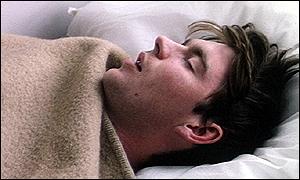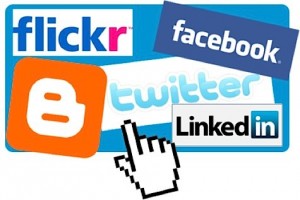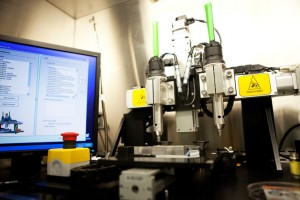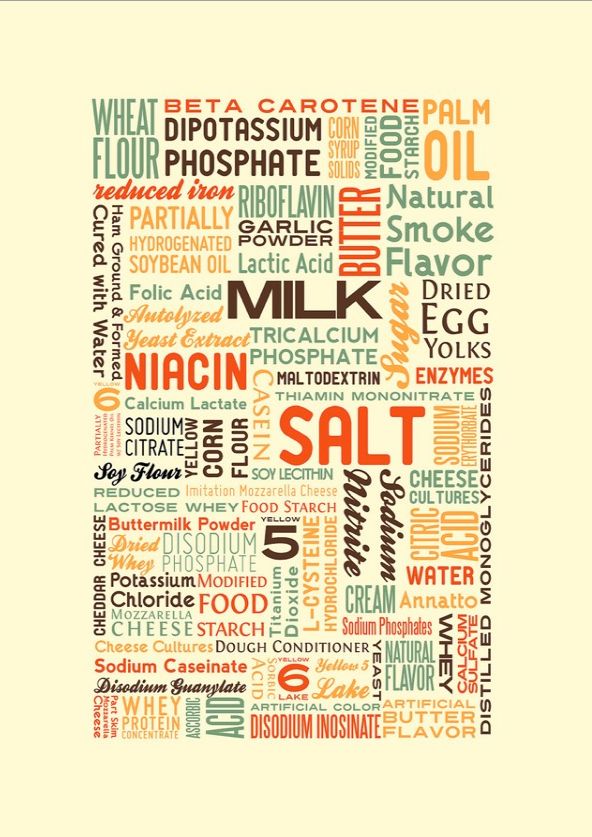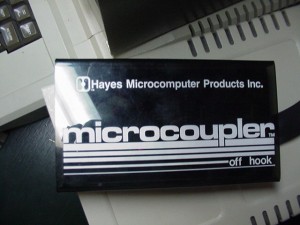 . This connectivity was the early precursor of the modern Internet. Early users created Bulletin Board Systems where other users could dial in and share textual messages. I remember reading a version of the Anarchist’s Cookbook on one such BBS. We were absolutely smitten as kids, with the idea of being able to communicate computer to computer. Today, this telecommunication framework has grown into full maturity and the modern website is the great,great,great grandchild of the humble BBS. Without which, you wouldn’t be reading this post or studying medical billing and coding from the comfort of your own living room or favorite coffee shop.
. This connectivity was the early precursor of the modern Internet. Early users created Bulletin Board Systems where other users could dial in and share textual messages. I remember reading a version of the Anarchist’s Cookbook on one such BBS. We were absolutely smitten as kids, with the idea of being able to communicate computer to computer. Today, this telecommunication framework has grown into full maturity and the modern website is the great,great,great grandchild of the humble BBS. Without which, you wouldn’t be reading this post or studying medical billing and coding from the comfort of your own living room or favorite coffee shop. Ancestors to Online Learning
Courtesy of Wired’s “This Day in Tech” feature, this piece on the anniversary of the world’s first Computer Bulletin Board System or BBS. If you’re as old as I am, you may remember the awe you experienced in the early 1980s when you learned you could purchase something called a “modem” that would conect your Apple II or Commodore 64 computer terminal to your telephone (shown in illustration) . This connectivity was the early precursor of the modern Internet. Early users created Bulletin Board Systems where other users could dial in and share textual messages. I remember reading a version of the Anarchist’s Cookbook on one such BBS. We were absolutely smitten as kids, with the idea of being able to communicate computer to computer. Today, this telecommunication framework has grown into full maturity and the modern website is the great,great,great grandchild of the humble BBS. Without which, you wouldn’t be reading this post or studying medical billing and coding from the comfort of your own living room or favorite coffee shop.
. This connectivity was the early precursor of the modern Internet. Early users created Bulletin Board Systems where other users could dial in and share textual messages. I remember reading a version of the Anarchist’s Cookbook on one such BBS. We were absolutely smitten as kids, with the idea of being able to communicate computer to computer. Today, this telecommunication framework has grown into full maturity and the modern website is the great,great,great grandchild of the humble BBS. Without which, you wouldn’t be reading this post or studying medical billing and coding from the comfort of your own living room or favorite coffee shop.
 . This connectivity was the early precursor of the modern Internet. Early users created Bulletin Board Systems where other users could dial in and share textual messages. I remember reading a version of the Anarchist’s Cookbook on one such BBS. We were absolutely smitten as kids, with the idea of being able to communicate computer to computer. Today, this telecommunication framework has grown into full maturity and the modern website is the great,great,great grandchild of the humble BBS. Without which, you wouldn’t be reading this post or studying medical billing and coding from the comfort of your own living room or favorite coffee shop.
. This connectivity was the early precursor of the modern Internet. Early users created Bulletin Board Systems where other users could dial in and share textual messages. I remember reading a version of the Anarchist’s Cookbook on one such BBS. We were absolutely smitten as kids, with the idea of being able to communicate computer to computer. Today, this telecommunication framework has grown into full maturity and the modern website is the great,great,great grandchild of the humble BBS. Without which, you wouldn’t be reading this post or studying medical billing and coding from the comfort of your own living room or favorite coffee shop. 



